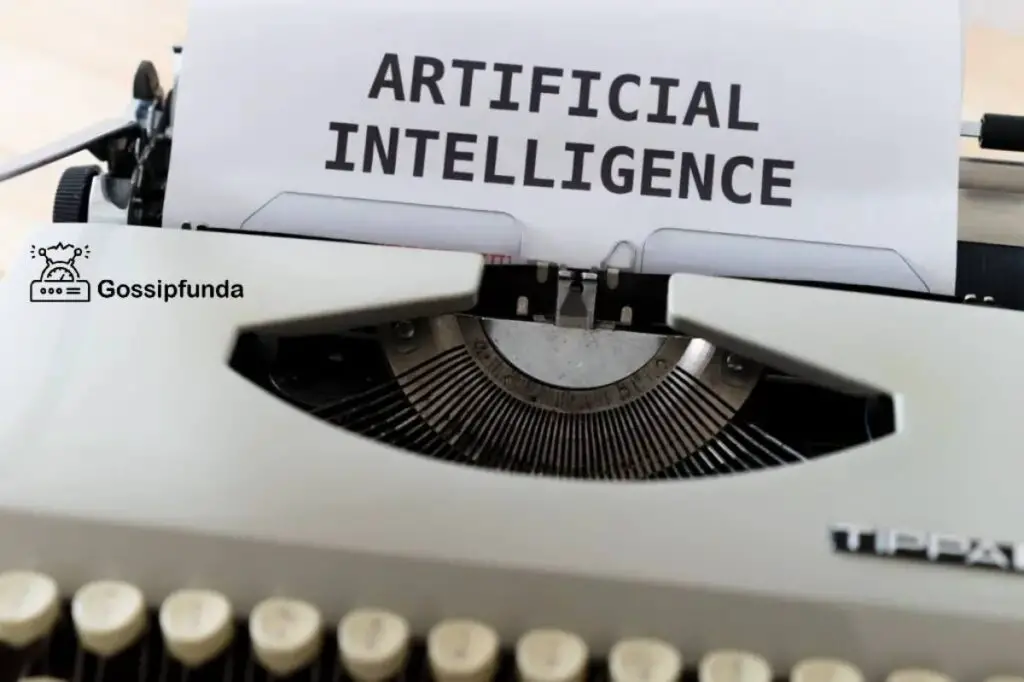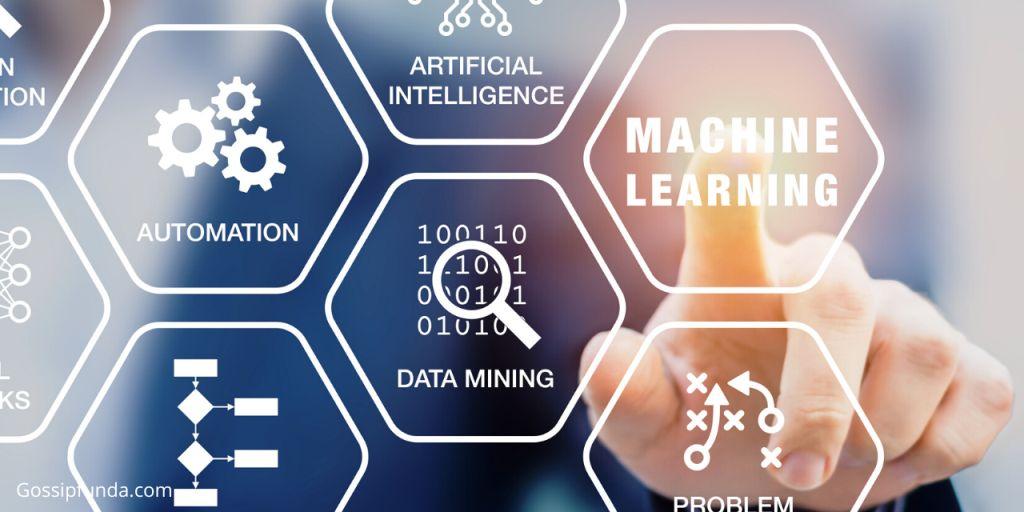The use of artificial intelligence in education strives to be helpful and assistive in terms of special needs, quick access to information, and correction of accidental mistakes. But usage of ChatGPT as a learning tool has uncovered certain ethical concerns. As the popular saying goes, it’s a jack of all trades, yet far from being the master of none! It helps create outlines, answers various questions, and even generates complete assignments based on the thesis statement or several sentences. As one can assume, students worldwide have tried AI tools as a safe and risk-free method to avoid studying per se and letting artificial algorithms do all the work for them. Without a doubt, it’s not always the case, yet the possibility of misconduct poses certain ethical concerns. It’s important to remember that the use of AI in education cannot be totally good or wrong, as it’s always down to how and why a person uses it!

The Ethical Implications of Using AI in Education
– Distortion of Teaching Responsibilities.
One of the growing concerns in the academic community is the shift in teachers’ duties and professional responsibilities. We can see AI technologies being used on a daily basis, which often makes it natural to implement machine learning instead of actually exploring something or approaching teachers with certain questions. Unlike a teacher, artificial intelligence can only recommend us to read or hear something, yet it will never explain why and will not consider personal issues a student may be going through or the age of the learner. Stephen Hawking once said that we should learn how to avoid the risks as we use AI, yet the greatest concern is failing to understand that AI-based systems cannot teach us what we do not know yet!
– Privacy Concerns.
Another ethical issue relates to the collection of information, which is an integral part of machine learning. In other words, many students and educators have to deal with face recognition issues and enter sensitive information. When such data keeps floating around and becomes a database of some system, it may pose certain risks as the further use of personal details is often vague. Now, if you are looking for secure learning methods and wish to talk to a human being, approaching GrabMyEssay is a much safer option, as you can talk to an expert by spending five minutes more. Yet, explain your situation to a caring person who will find the best solution for your needs.
– Plagiarism Risks.
The use of AI in education is always related to academic misconduct. When students ask the system to paraphrase complete assignments, they sincerely believe that AI tools are able to conduct new research. Luckily, most college professors do manual checking and will instantly spot changes in students’ writing styles. Although most detectors won’t catch the fact of plagiarism, it’s still an ethical issue!
– False Alerts and Incorrect Data.
When some information that is entered represents something incorrectly, AI won’t correct it in the database or may not accept corrections unless done manually in the code. The ethical aspect of it is that most learners will accept it as correct and won’t double-check things.
– Tendency to Eliminate Analytical Skills.
Contrary to what’s being advertised online by web developers, AI cannot teach you to analyze things and create unique assignments that always stand out. While the latter is relatively true, one should not use AI-based methods to do the analytical part for you. The wrong part about the use of such systems is that most people will accept corrections without thinking twice and just by making a click. If you wish to check and proofread something, reading essay writing company reviews is a much better solution. You can receive special notes or grading by an expert as proofreading or editing corrections are being done. This way, you always learn and see why some wording or structure is correct!
Replacing the Need for a Teacher
Although it’s quite an exaggeration, the use of AI in education won’t be able to replace the need for a teacher for learning purposes. At the same time, students use tools like BARD to ask questions and check on various facts instead of looking for human analysis and personal, even if biased, input. It poses a certain ethical concern in terms of strategic thinking and personal evaluation of what’s being said and heard. As the cold machine delivers strict answers that have been pre-programmed, we are letting students accept it as the only and ultimate truth. They are able to access information quickly and enjoy condensed addressing of their concerns. But they are not even using search engines like before and do not confront educators by asking them why something is considered correct when it is not really so. Unfortunately, AI in education is often approached as a replacement for teaching responsibilities, which is dangerous and wrong. Artificial intelligence cannot think instead of us. Even if it would pose certain human-like qualities, we’d still have to do the analytical part on our own and learn how to tell wrong from right!
I am passionate about my work. Because I love what I do, I have a steady source of motivation that drives me to do my best.
I’m not comfortable with settling, and I’m always looking for an opportunity to do better and achieve greatness. I have a keen interest in the technical field. Apart from this, I am a social media influencer.

